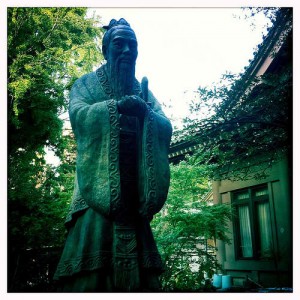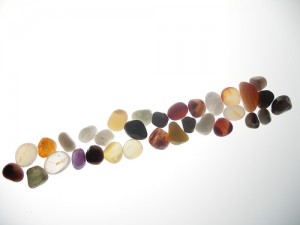Lifestyles have changed in the past decade. For most of us it is like living in the fast lane every day. There is so much to be done and there is so little time. As a result, we become stressed and this results in many illnesses and even death.
Studies show that stress is the common cause of anxiety. It damages our body and mind, causing panic attacks, lack of sleep, phobias and many more. Apart from these, it also triggers health diseases such as heart problems, high blood pressure, asthma, eczema, indigestion, irritable bowel syndrome and alopecia.
Other signs of stress include headaches, palpitations, wheezing, irritability, low energy, poor memory and increased emotions.
Stress is often caused by finance, work and relationships. Treatments vary and drug induced ones can sometimes cause more problems instead of fixing it. We must keep in mind that in the end it is up to us. Our perspective and choices lead us to the kind of life we choose.
Here are some tips to reduce stress:
Identify what causes you stress and do something about it. It may be easier said than done, but let’s face it, we only get stressed if we let it get to us.
Reduce stress by being more organized. Make a list of personal and professional priorities and make time for them. Keep an organizer, so that you won’t forget anything.
Allow yourself to be emotional at times. You are human and it is normal to laugh or cry when needed. Keeping these emotions can result to long term issues.
Learn how to value yourself. Make a list of your positive qualities and go through it whenever you feel down.
Find your passion. It may be a hobby, a sport or even volunteering for a cause. Outlets help you cope and make you feel good about yourself.
Learn to relax wherever you are. If you feel like losing control, take deep breaths until you feel better. Meditate when you can. Simply close your eyes and imagine yourself in a beautiful spot where you would want to be.
Write down how you feel. It lets you release your feelings and makes you feel better. Keep a journal. It is always nice to look back and know how you were able to cope.
Take a break. Go on a holiday whenever you can. It allows you to recharge. It also helps you learn new things and gather new experiences. Plus it gets you away from stress.
Lastly, learn how to do nothing. Keeping quiet and still helps you think clearly.
Image from judacoregio
Originally posted on January 31, 2012 @ 4:50 am



